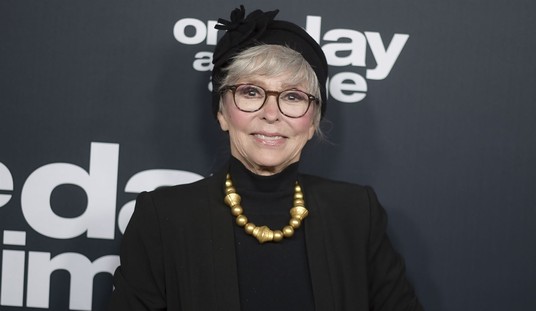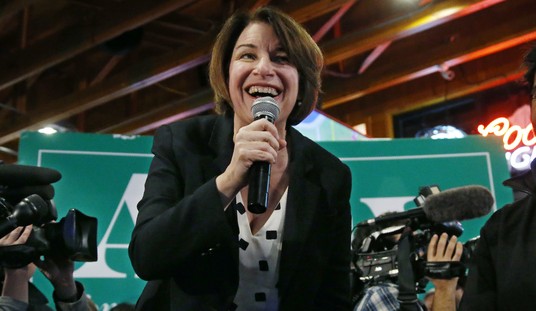Certain corners of the Internet have been outraged about The Hobbit: The Desolation of Smaug, Peter Jackson’s second movie of three based on the book by J. R. R. Tolkien. Most notably, the author’s son Christopher claims the movie ‘eviscerated’ the book.
The truth is though, that Peter Jackson had two mutually exclusive goals to set for these movies. He could have been faithful to The Hobbit, or he could have been faithful to the whole of the Tolkien canon, including The Lord of the Rings and The Silmarillion. Jackson chose the latter. The movies are not true to The Hobbit, but they’re more true to Tolkien’s mythology than The Hobbit itself was.
Yes, it’s absolutely true that these Hobbit movies are not entirely faithful to the book. The book was written as a children’s story, and only later was incorporated into the greater Middle-earth story that Tolkien was creating. The Hobbit later had to be altered to fit into that story, as the story of how the One Ring came to fall into Bilbo’s grasp had to be changed for it to make sense at all. Tolkien explained this by saying Bilbo originally lied in his account of his encounter with Gollum.
I say story but that’s the wrong word. Tolkien was creating a mythology for Britain, one that echoes and retells the Bible, but is a mythology of its own, and is not an allegory. That’s why the major books of the mythology are serious works, with important characters grappling with huge crises, all the while either overcoming their personal failings or being overcome by them.
The Hobbit incorporates some of that, to be sure. This is a story about Bilbo changing as a person. But it’s not the same kind of book we’re used to from Middle-earth. It’s full of songs, silly dwarves, and a sneezing Hobbit. So, yes, it’s true, Peter Jackson omitted Bilbo catching a cold in the barrel, and saying “Thag you very buch” on his birthday to the men of Esgaroth.
But the movies include all the things that should have been included, had this story been crafted from the beginning as a story of its time in the world of Middle-earth. Gandalf comes and goes in the book. It only makes sense that Gandalf would only abandon Thorin and company for good reason, and Tolkien later himself decided that Gandalf was concerned about the Necromancer of Dol Guldur.
Peter Jackson did not invent that Sauron was in fact building up strength to return to Mordor, occupy Barad-dûr, and send an army to overwhelm the dying remnants of the west. With Arnor gone (its lost king a wandering ranger known as Strider), Gondor led by a mad Steward, the men were a minimal threat. The Dwarves even less of one without Erebor (the Lonely Mountain) or Khazad-dûm (Moria). The Elves had given up on Middle-earth entirely, and were fleeing to Aman via the Grey Havens. If there ever was a time for Sauron to rise and defeat the west of Middle-earth, this was it. Having already subverted Rhûn and Harad, the west was all that was stood between Sauron and total victory.
So to depict Gandalf leading Thorin Oakenshield to take the Arkenstone from Smaug at Erebor, is to tell one of the great events leading up to the War of the Ring. Not to bring in the greater story, not to talk about Sauron and Orcs, would be like talking about King Edward VIII of England without mentioning Hitler and the Nazis.
Smaug the Golden would have been important to Sauron in the War of the Ring, had the dragon lived to that point. Imagine Aragorn making his stand against the Mouth of Sauron at the Gate of Mordor, only to have Smaug swoop in from behind and breathe fire on his armies. It would have changed the war for Sauron to have one of the great fire-breathing dragons, who was probably there when Morgoth and Sauron broke the siege of Angband and permanently turned the tide of the wars in Beleriand.
Could the West have won at the Black Gate if Sauron had Smaug and Erebor, and not the Dwarves? Maybe, but it would have been much harder. So this story, of Thorin and company, is possibly a decisive moment of the Third Age. To tell it as a mere children’s story, without the depth of significance, does not do it justice.
That is why I believe that Jackson made the right call. Especially for an audience that comes to the Hobbit having watched the epic War of the Ring, Jackson could not do less than to put the Hobbit in its “true historical” perspective. That means having an orc general coming after Thorin to stop him from getting the Arkenstone and reuniting the Dwarves. That means showing us Thranduil repeating the mistakes he saw in his youth at Doriath, trying the same strategy Elves often seem to do, which is to hide out and hope to survive evil taking over the rest of the world, even as the Grey Elf-raised Thranduil keeps himself and his son Legolas apart from his Sylvan Elf subjects.
If the choices are to deal with an invented love triangle, or to ignore the greater context of the story, give me The Hobbit movies as they stand today. They manage to appeal to a mass audience while still showing a depth of Tolkien lore for those who recognize it. I enjoyed the movie and look forward to the third one.














Join the conversation as a VIP Member